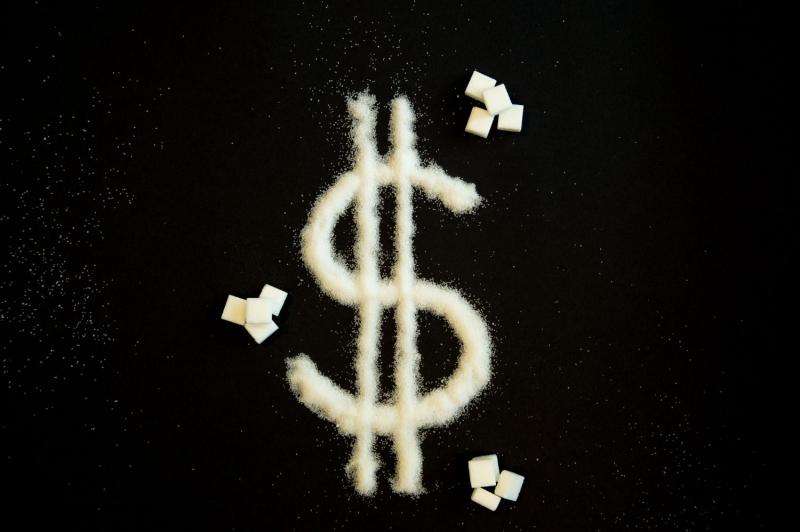Sugar tax a minimal hit to hip pocket

A tax on sugary drinks would have minimal impact on the hip pocket of low-income earners, a Deakin University study has found.
Researchers with Deakin's Centre for Population Health Research reviewed the results of studies conducted in high-income countries that examined the health and financial impacts of a sugar-sweetened beverage (SSB) tax. They found that a tax resulted in health benefits for low and high income households and that low-income earners would pay a higher proportion of their income on the tax, but the impact would be minimal at around $10 extra a year.
"This study debunks the rhetoric from those opposed to a sugar tax on the basis that low-income earners would be seriously worse off financially," said Dr Kathryn Backholer.
"Taxing sugary drinks as a political move to address the unsustainable rising costs of obesity and diet-related ill health has gained much traction this year, with the most recent moves for such a tax put forward by The Greens in the lead up to the Federal election.
"Despite research showing that such a tax can result in a reduction in weight and consumption of sugar sweetened drinks, many opposed to such a move focus on how it would be inequitable and a tax on the poor.
"While our study confirmed that a tax is likely to be financially regressive, with lower income groups paying a greater proportion of their income in additional tax, the difference was consistently less than $10 a year or 0.1-1 per cent of annual income for low income households based on a tax of up to 20 per cent."
The study also demonstrated that a tax on SSBs, within the current evidence base, would have a similar impact on consumption and weight outcomes for high and low income households or a greater impact among those with a lower income.
"With regular consumption of SSBs found to be associated with excess weight gain and a number of comorbid conditions, including diabetes, cardiovascular disease and dental caries, all avenues for reducing how much people consume should be considered," Dr Backholer said.
"If the revenue raised from a sugary drinks tax were used to support healthy eating or physical activity initiatives, as proposed in the UK, the impacts on health and health equity are likely to be even greater."
"Lower income earners currently bare a disproportionate share of the burden of the non-communicable disease in Australia. A tax on sugary drinks should be seriously considered as one strategy, among many, to address the unsustainable and inequitable rise of non-communicable disease in Australia."
More information: Kathryn Backholer et al. The impact of a tax on sugar-sweetened beverages according to socio-economic position: a systematic review of the evidence, Public Health Nutrition (2016). DOI: 10.1017/S136898001600104X




















